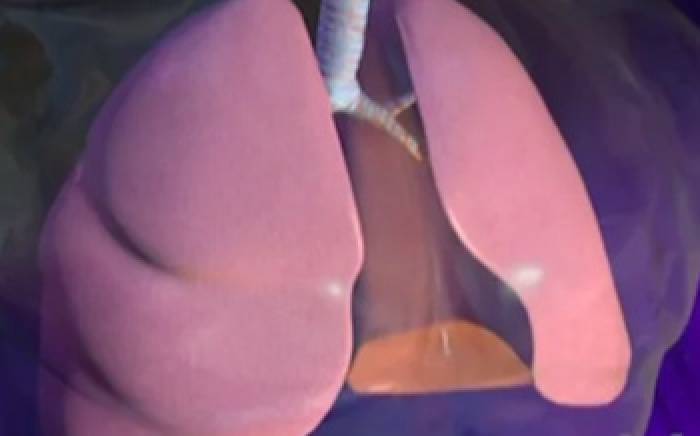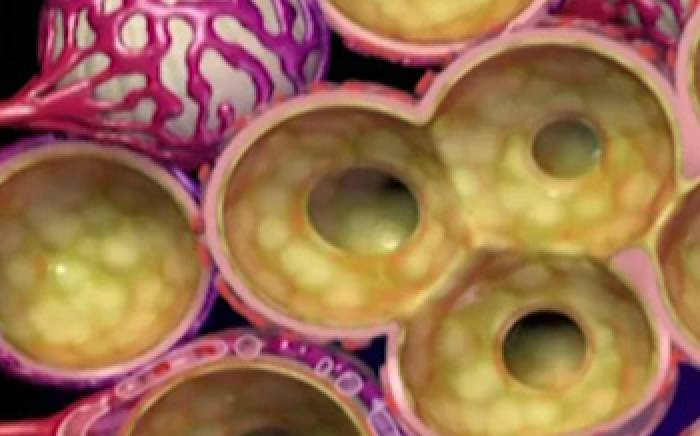An allergy occurs when the body reacts to substances it can't tolerate. The substances, like tree pollen or dust mites, are called environmental antigens, or allergens, and are normally harmless. But the immune system of a person with allergies views the allergens as harmful.
Allergic rhinitis (commonly called hay fever) is an inflammation or irritation of the mucous membranes that line the nose. Allergic rhinitis happens when an allergen, such as pollen, causes your body to defend itself by producing antibodies. This is called sensitization. The antibodies then bind to mast cells. These mast cells then release chemicals such as histamine. The binding causes dilation of nasal blood vessels and inflammation of the mucous membranes, which result in common allergy symptoms.
The best treatment is to avoid the allergen. When this is not possible, medication can usually control the symptoms of a reaction. One medication is an antihistamine, which binds to receptors blocking the binding of the histamine. Other drugs are decongestants, corticosteroids, and immunotherapy. Because each individual is unique, there is no standard treatment for allergic rhinitis.










